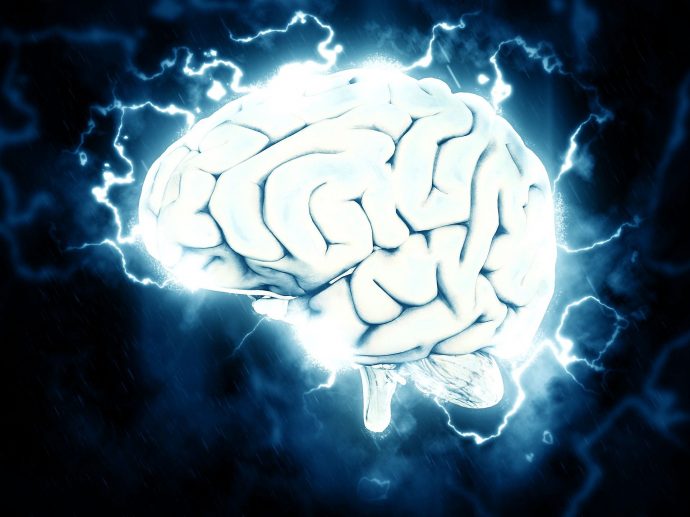Categories more
- Adventures (17)
- Arts / Collectables (15)
- Automotive (37)
- Aviation (11)
- Bath, Body, & Health (77)
- Children (6)
- Cigars / Spirits (32)
- Cuisine (16)
- Design/Architecture (22)
- Electronics (13)
- Entertainment (4)
- Event Planning (5)
- Fashion (46)
- Finance (9)
- Gifts / Misc (6)
- Home Decor (45)
- Jewelry (41)
- Pets (3)
- Philanthropy (1)
- Real Estate (16)
- Services (23)
- Sports / Golf (14)
- Vacation / Travel (60)
- Watches / Pens (15)
- Wines / Vines (24)
- Yachting / Boating (17)
What Happens in Your Brain During Addiction Recovery?
Published
07/17/2024Life becomes unpredictable at times. But that’s what life is all about; you go through ups and downs and learn from your mistakes. But when the downs hit you hard, you feel confused and demotivated. For some people, it becomes a reason for addiction. But after a point of time, when they realize that this is not what they want, they take the recovery road.
If you are someone who has struggled through addiction and now has gained the courage to recover, you are at the right place. To recover from a drug or alcohol addiction, you don’t have to spend a lot of money. There are many budget-friendly insurance options like the one Ambetter drug and alcohol rehab offers. They have an affordable plan that includes necessary health services. But what happens in your brain when you decide to fight back and take the road to recovery? Let’s discuss this in detail.
How Addiction Works
Addictive substances hijack the brain’s reward system, a network designed to motivate us with pleasurable feelings. Normally, activities like eating delicious food or spending time with loved ones trigger the release of dopamine, a neurotransmitter associated with pleasure. Drugs and alcohol create an artificial surge of dopamine, which is far more than the natural reward.
This surge feels great initially, but over time, your brain adapts. It becomes less sensitive to dopamine and makes everyday activities less pleasurable. This is why people with an addiction need increasingly larger amounts of the substance to feel the same level of pleasure. Your brain is desperate for that artificial high, but the natural reward system is sluggish.
Addiction strengthens the connection between cues associated with the substance and your reward system. A familiar environment, a particular smell, or even an emotion can trigger intense cravings.
The Importance of Neuroplasticity
Your brain is highly adaptable. This quality, called neuroplasticity, allows it to form new connections and strengthen existing ones throughout life. Recovery from addiction utilizes this ability.
Your brain slowly starts adjusting as you abstain from the substance, engage in positive activities, and build healthy coping mechanisms. Dopamine production begins to normalize. The reward systems that were weakened by the detour begin to rebuild. This process doesn’t happen overnight, but the natural reward system regains its strength with consistent effort. Activities you once enjoyed, like spending time in nature or listening to music, begin to spark joy again.
The Importance of Other Systems
Recovery is not just about dopamine. Addiction also disrupts the brain’s stress response and decision-making circuits. The amygdala, a part of the brain involved in fear and emotional processing, becomes hyperactive. This can cause anxiety, irritability, and increased vulnerability to relapse triggers.
The prefrontal cortex, responsible for planning and decision-making, weakens under addiction. This can make it difficult to resist cravings and make healthy choices.
Recovery strengthens these areas. Techniques like stress management, mindfulness, and therapy help rebalance the brain’s emotional regulation and decision-making process. As you practice these skills, the amygdala calms down, and the prefrontal cortex regains strength. You develop the tools to manage stressful situations and make choices that support your recovery.
The Journey is Rewarding
As you progress in recovery, you rebuild your healthy ways. Every craving you resist, every healthy choice you make, is a new achievement. Over time, these new paths become more ingrained, making relapse less likely.
This process isn’t always smooth. There will be moments of temptation. But with each challenge overcome, your brain gets stronger. Be patient with yourself, celebrate your victories, and ask for help when needed.
Surround yourself with people who believe in your recovery. Consider therapy or addiction treatment programs. These resources can provide guidance, encouragement, and recovery strategies.
The Closing Thought
Recovery is an investment in your long-term health and happiness. Understanding the rewiring process happening in your brain can help you gain a strong perspective. You’re not just fighting cravings but rebuilding a stronger, more resilient brain. This journey can be challenging, but the rewards are immeasurable. You get a life free from addiction and the ability to experience genuine joy and fulfillment.















